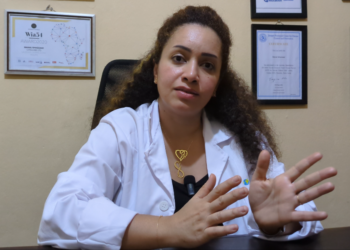In 2010 the Sierra Leone government introduced a policy banning girls with visible pregnancies from attending school. But the policy was enforced in 2015, at the height of the 2013-2016 West African Ebola epidemic. As part of efforts to curb the spread of the viral disease, extensive lockdowns were imposed to restrict movement of people.
That worsened poverty levels in Sierra Leone, exposing women and girls in particular to sexual exploitation. Amid the uproar against the ban, which critics say amounted to discrimination against the girl child, the government established parallel learning centers for the pregnant girls, where they were supposed to be taught on their own. Thousands of girls were affected by the policy, which was challenged by a group of activists with a legal action at the regional Community Court of ECOWAS, which later ruled against the government. How did that policy affect girl child education? What has changed since the lifting of the ban in 2020?
These are among questions ManoReporters sought to answer in this report with support from the campaign group Equality Now.





















